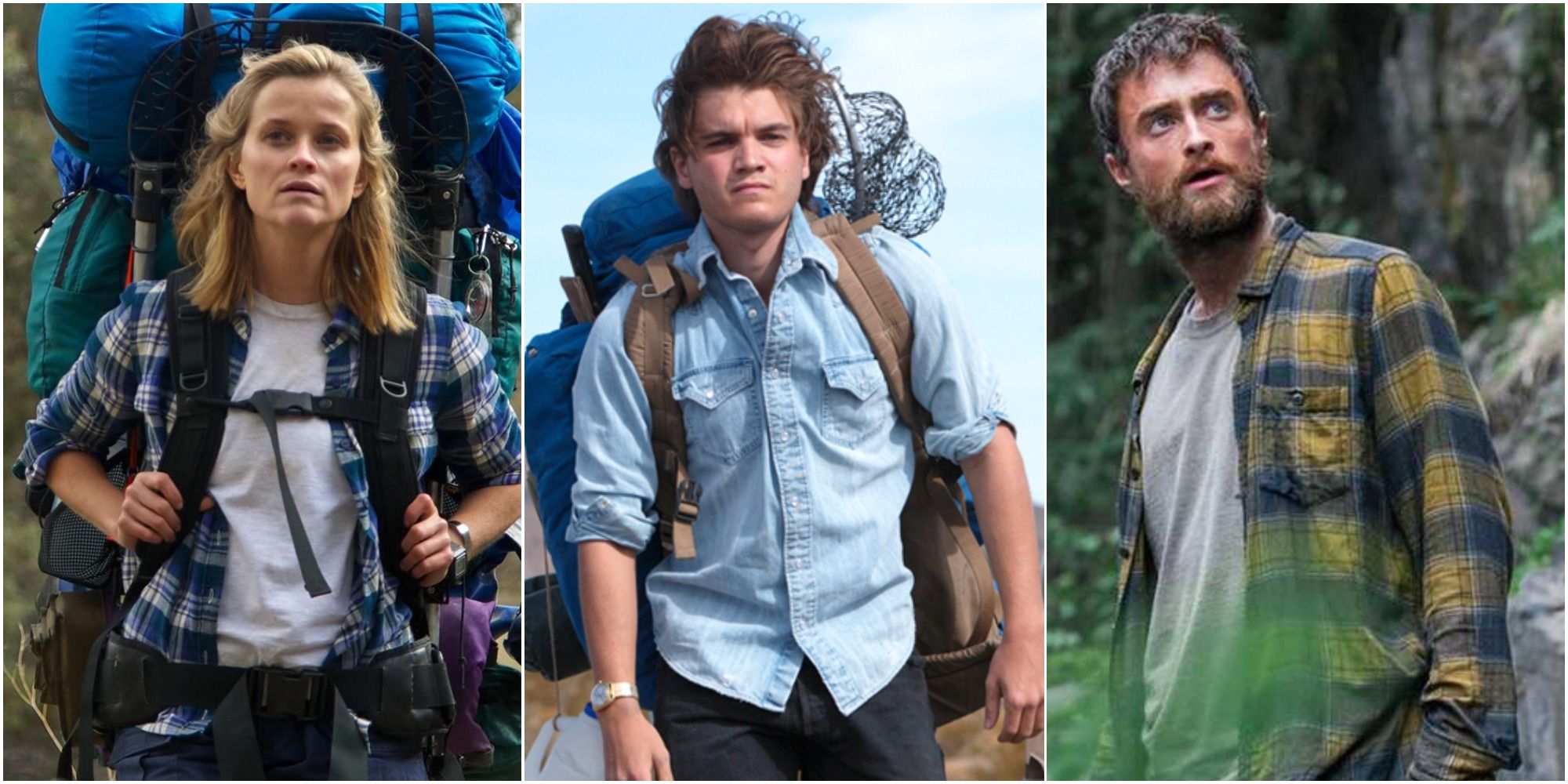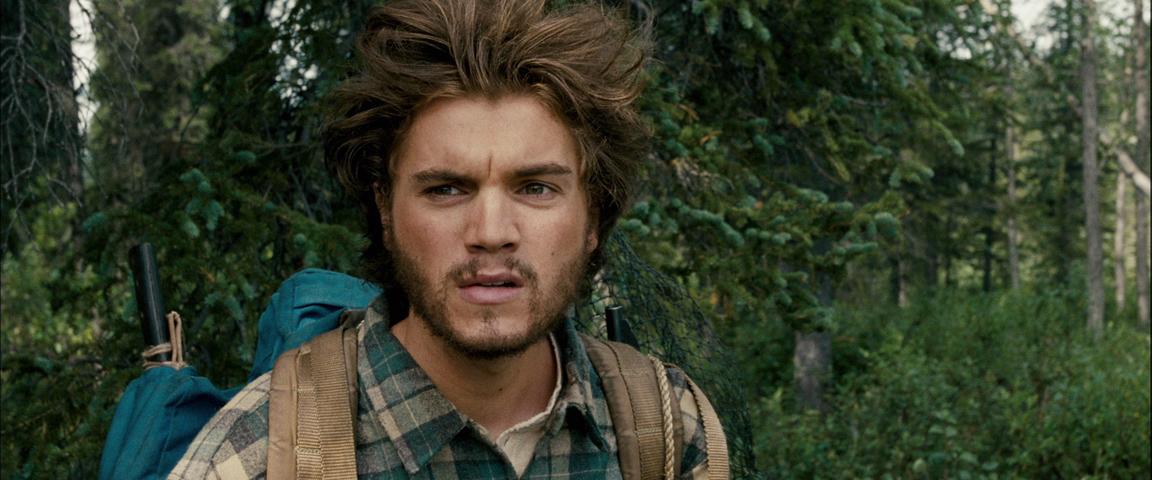

Mann's hero, Hawkeye, played by Daniel Day-Lewis, stands outside the fray, committed to neither side. The French and English, each allied with Native American tribes, are fighting over the new continent. When this historical adventure kicks in, it's thrilling in the way old-fashioned epics used to be, but its romanticism has a fierce, violent physicality that gives it a distinctively modern stamp.

It's certainly not what you'd expect from macho stylist Michael Mann, the master of Armani-meets-Sartre urban fatalism, who brought us "Miami Vice" and the movies "Thief " and " Manhunter." Then again, if Susan Sontag can try her hand at a romance, why shouldn't the hard-boiled Mann translate James Fenimore Cooper for a late-20th-century audience? His gorgeous The Last of the Mohicans gets off to a bumpy start, gathers feeling and momentum and comes roaring into the homestretch at full gallop. Rated PG-13 for thematic content, brief strong language, and partial nudityĬomment threads are monitored for 48 hours after publication and then closed.Not many filmmakers today are attempting grand passions, bold romantic gestures, love stories unfolding against breathtaking period landscapes. “Land” is a resonant reminder of the importance of friendship in any and all forms. While Edee may have sought solitude, her salvation comes from the human connection that crossed her path. While “Land” doesn’t quite fit the solo female survival thriller label one might imagine it to be initially, it results in something much more profound, asserting that human connection is integral to healing, and that so are words of encouragement, love and understanding. Fighting to survive reminds her that she does want to live, after all. As she becomes more competent and confident in this existence, she begins to transcend mere survival and starts, indeed, to thrive.

This necessary reliance on other people, as well as the tasks required to stay alive in this place, have an effect of working on Edee from the outside in. The views are nature-made, but Bobby Bukowski’s cinematography captures them, and Wright within them, beautifully. She’s often shot simply, in quiet repose, or performing all-consuming physical labor, set against the breathtaking vistas of this place, set to the music of cellist Ben Sollee and string trio Time For Three. The film itself is quiet, too, with Wright’s expressions and gestures speaking volumes about her emotional state. Miguel is hurting, too, and his quiet companionship and steady wisdom is exactly what Edee needs as he never probes beyond her emotional limits. She accepts some guidance from a local man, Miguel (Demián Bichir), who teaches her to trap and hunt. On this land, it’s a challenge to survive alone, which Edee learns the hard way. It’s the solitude and silence she craves. Edee’s trauma and loss are palpable, haunting her consciousness, but she’s not able to speak it aloud. If she freezes to death or dies of starvation (easy to do, in this cabin), she can fulfill the promise she kept to her sister (Kim Dickens). She picks up supplies, tosses her phone in the trash and moves into a dusty cabin with no running water, electricity or a way out.Įdee, who doesn’t want to live, has put herself in a situation where it’s a struggle to survive, by design. She needs to be alone in nature to go through this, and whether or not she comes out on the other side seems irrelevant. In this moment of desperation, a primal instinct takes over, pushing her toward the mountains abutting the Shoshone National Forest. In an opening scene that briefly addresses her emotional state before the mountain, she informs a therapist that she’s unable to share with anyone in her life, because they just want her to be better. Working with a script by Jesse Chatham and Erin Dignam, as well as stunning Alberta, Canada locations (standing in for Wyoming), Wright directs and stars in this simple but resonant story about a woman who finds personal salvation in a remote mountain cabin among a punishing, yet nourishing landscape.Įdee (Wright) just wants to be alone. The wilderness survival thriller has long been a male-dominated subgenre, though in recent years, more female-fronted films have emerged, including Reese Witherspoon’s “Wild” and the Shailene Woodley-starring “Adrift.” In her directorial debut, “Land,” actress Robin Wright crafts a film about a woman battling the wilderness, until she learns to live in it, not fight against it. Robin Wright stars in and directrs "Land." (Daniel Power /Focus Features/TNS)


 0 kommentar(er)
0 kommentar(er)
